Artifishal (2019)
Género : Documental
Tiempo de ejecución : 1H 15M
Director : Josh Murphy
Sinopsis
Narratives of ecologists and conservationists are pitted against the human tendency to engineer and control in this probing documentary on the lucrative salmon-hatchery industry.
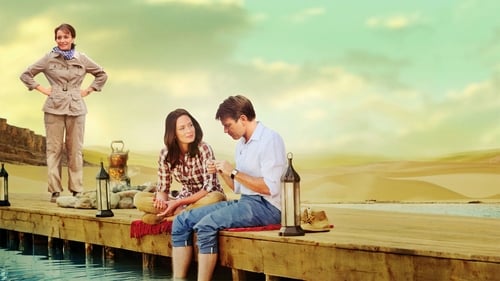
El doctor Alfred Jones (Ewan McGregor), miembro del Centro Nacional para el Fomento de la Piscicultura, debe su reputación a un trabajo pionero sobre la reproducción de los moluscos. Cuando su jefe le pide que estudie la posibilidad de introducir el salmón en Yemen, rechaza la propuesta rotundamente. Lo que ignora es que detrás del proyecto está un acaudalado jeque árabe (Amr Waked), empeñado en exportar el arte de la pesca con mosca al norte de Yemen. Sin embargo, el disparatado proyecto capta la atención de un ambicioso asesor del primer ministro, que ve en él una excelente oportunidad para mejorar el prestigio del Reino Unido en Oriente Medio y, de paso, consolidar su futuro político. Cuando el proyecto se pone en marcha, el doctor Jones se ve obligado a reconsiderar su dictamen inicial y a colaborar con la joven y atractiva representante del jeque (Emily Blunt).
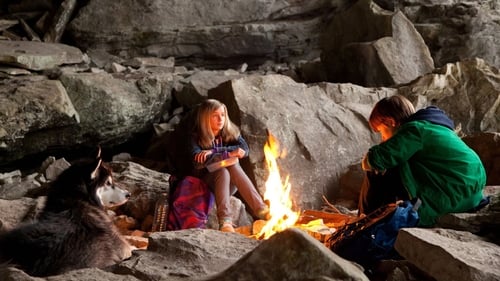
Este largometraje lleno de acción, narra la dramática historia de dos hermanos y su Alaskan Malamute, que deben hacer un aterrizaje de emergencia cuando su avioneta tiene problemas de motor. Se encuentran en un entorno natural de gran belleza, pero potencialmente peligroso que deben superar juntos.

A salmon fisherman has to choose between a bad girl and a society doll.

Narratives of ecologists and conservationists are pitted against the human tendency to engineer and control in this probing documentary on the lucrative salmon-hatchery industry.
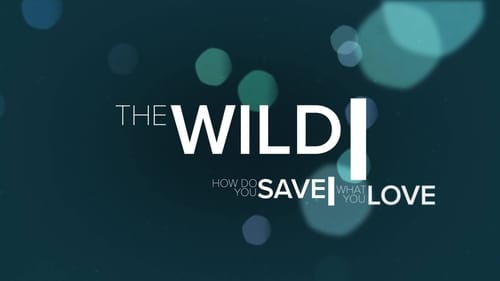
Newly into addiction recovery, an urgent threat emerges to spur filmmaker, Mark Titus back to the Alaskan wilderness - where the people of Bristol Bay and the world's last intact wild salmon runs face devastation if a massive copper mine is constructed.

An Indian agent comes to the rescue when a local tribe's fishing rights are threatened by a greedy cannery owner.

With Pete Smith providing dry off-screen commentary, we watch some serious fishing: a marlin caught near Catalina, a hammerhead shark caught then wrestled in a small rowboat near Baja, the largest (721 pounds) great white shark caught to date in California waters, Chinook Indians catching salmon at Celilo Falls in Oregon - each with his designated place on the river where his ancestors stood, and, last, a crew on a boat off Mexico hoisting and hurling tuna using unbarbed hooks (baited only with a feather) as fast as they can as long as the school is there - backbreaking work - but a $25,000 catch.

Fish are an important part of the ecosystem and the human diet. Unfortunately, overfishing has depleted many fish stocks, and the proposed solution — fish farming — is creating far more problems than it solves. Not only are fish farms polluting the aquatic environment and spreading disease to wild fish, farmed fish are also an inferior food source, in part by providing fewer healthy nutrients; and in part by containing more toxins, which readily accumulate in fat. Farmed Salmon = Most Toxic Food in the World Salmon is perhaps the most prominent example of how fish farming has led us astray. Food testing reveals farmed salmon is one of the most toxic foods in the world, having more in common with junk food than health food.1 Studies highlighting the seriousness of the problem

Examines the violence and civil disobedience leading up to the hallmark decision in U.S. v. Washington, with particular reference to the Nisqually Indians of Frank's Landing in Washington.
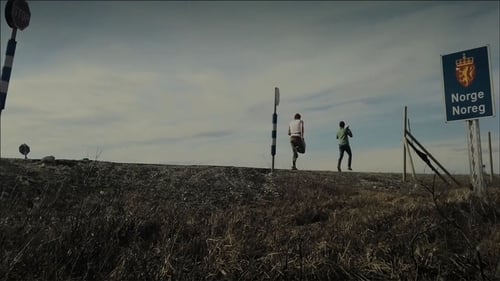
Two men and a fish runs through the country.

When fishing guide and filmmaker Mark Titus learns why wild salmon populations plummeted in his native Pacific Northwest, he embarks on a journey to discover where the fish have gone and what might bring them back. Along the way, Titus unravels a trail of human hubris, historical amnesia and potential tragedy looming in Alaska, all conspiring to end the most sustainable wild food left on the planet.

In the twilight of his life, an aging Alaskan fisherman must decide between accepting old age or restarting his life with a mysterious new scientific procedure.
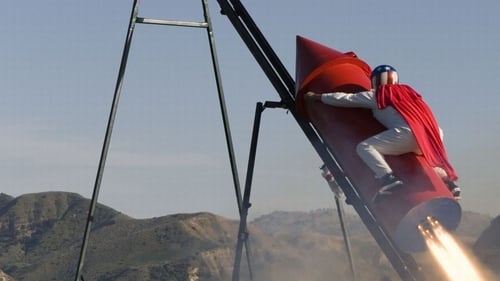
Johnny Knoxville y sus amigos siguen con sus arriesgadas aventuras.

Película documental realizado con el material grabado durante los últimos ensayos del "rey del pop" Michael Jackson (29 de agosto de 1958-25 junio de 2009), que preparaba su regreso a los escenarios cuando murió por consumo de pastillas, en circustancias todavía no del todo claras. La mayor parte del montaje del film fue rodado en junio de 2009 en el Staples Center de Los Ángeles y The Forum en Inglewood, en California, cuando Michael preparaba su 'This is it', la serie de 50 conciertos que iba a ofrecer en el O2 Arena de Londres. Dirige el documental Kenny Ortega, responsable de los "High School Musical".

El formato Jackass, donde Johnny Knoxville y sus amigos se someten al peligro de forma voluntaria, se adapta al cine 3D. En su primera semana en USA ha obtenido un enorme éxito de taquilla: nada menos que 50 millones de dólares, la película con mejor entrada del otoño 2010.

Emanuelle presenta una mirada a los diversos encuentros sexuales y las extrañas y perversas fantasías sexuales, y los rituales de todo el mundo.
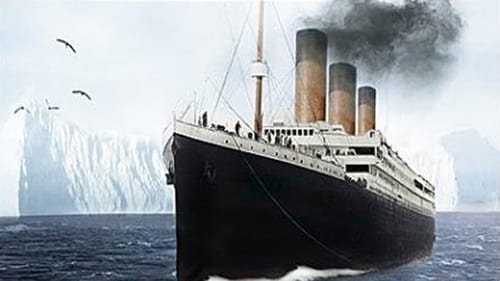
The "unsinkable" floating palace set sail from Southampton on 10th April 1912 on her maiden voyage to New York. An iceberg ended this monumental journey 5 days later. Only 705 of the passengers and crew survived. This program features an exclusive look at the Sea City Museum Titanic Exhibit in Southampton, interviews from both survivors and the cast of the blockbuster film.
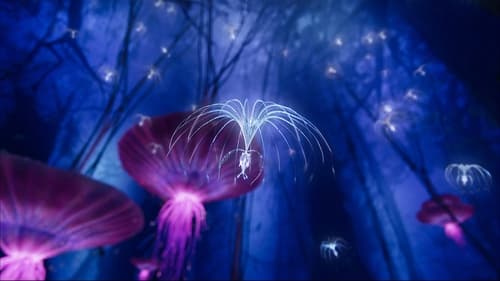
El "como se hizo" de Avatar, de James Cameron. Muestra partes interesantes del trabajo en los sets.

Documental sobre la vida actual de antiguas estrellas del porno mundial, sobre como intentan llevar una vida "normal" como la de los demás, así como las consecuencias que ha supuesto para ellos el haber trabajado en un negocio tan peculiar y controvertido.

















